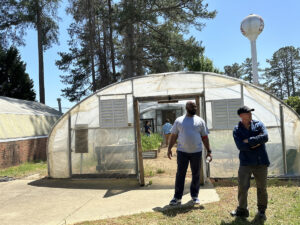News
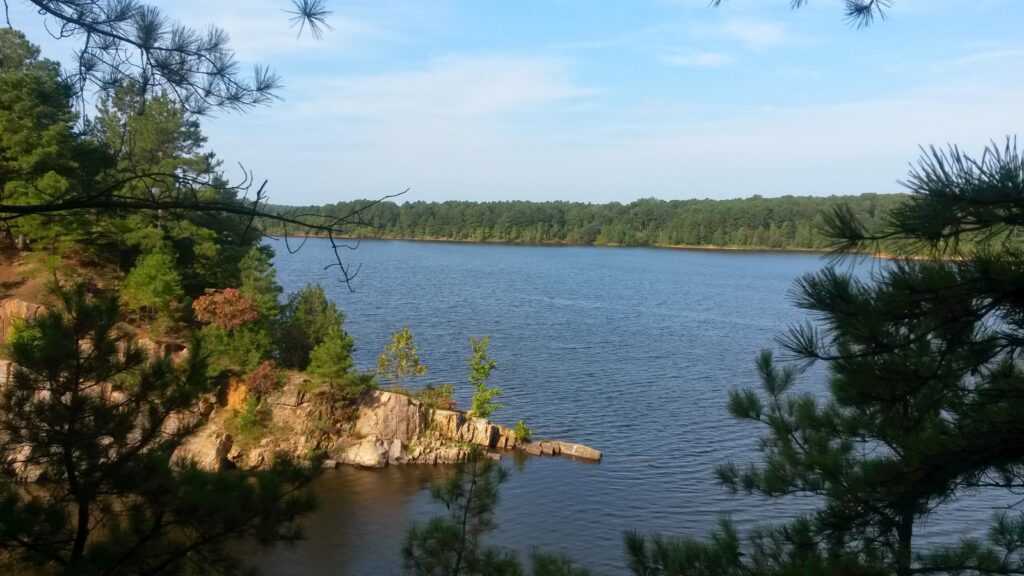
Collaboratory: NC’s new (cleverly funded) War on Science?
Attacks on our state’s clean water protections took an interesting twist this summer. The General Assembly passed an annual budget with a unique provision included in the 209 page bill. This provision, sponsored by the Senate, supplied the University of North Carolina with $4.5 million dollars to create a new “Collaboratory” and $500,000 annually through 2022 to study the state’s nutrient management strategies for a number of our state’s rivers and lakes.
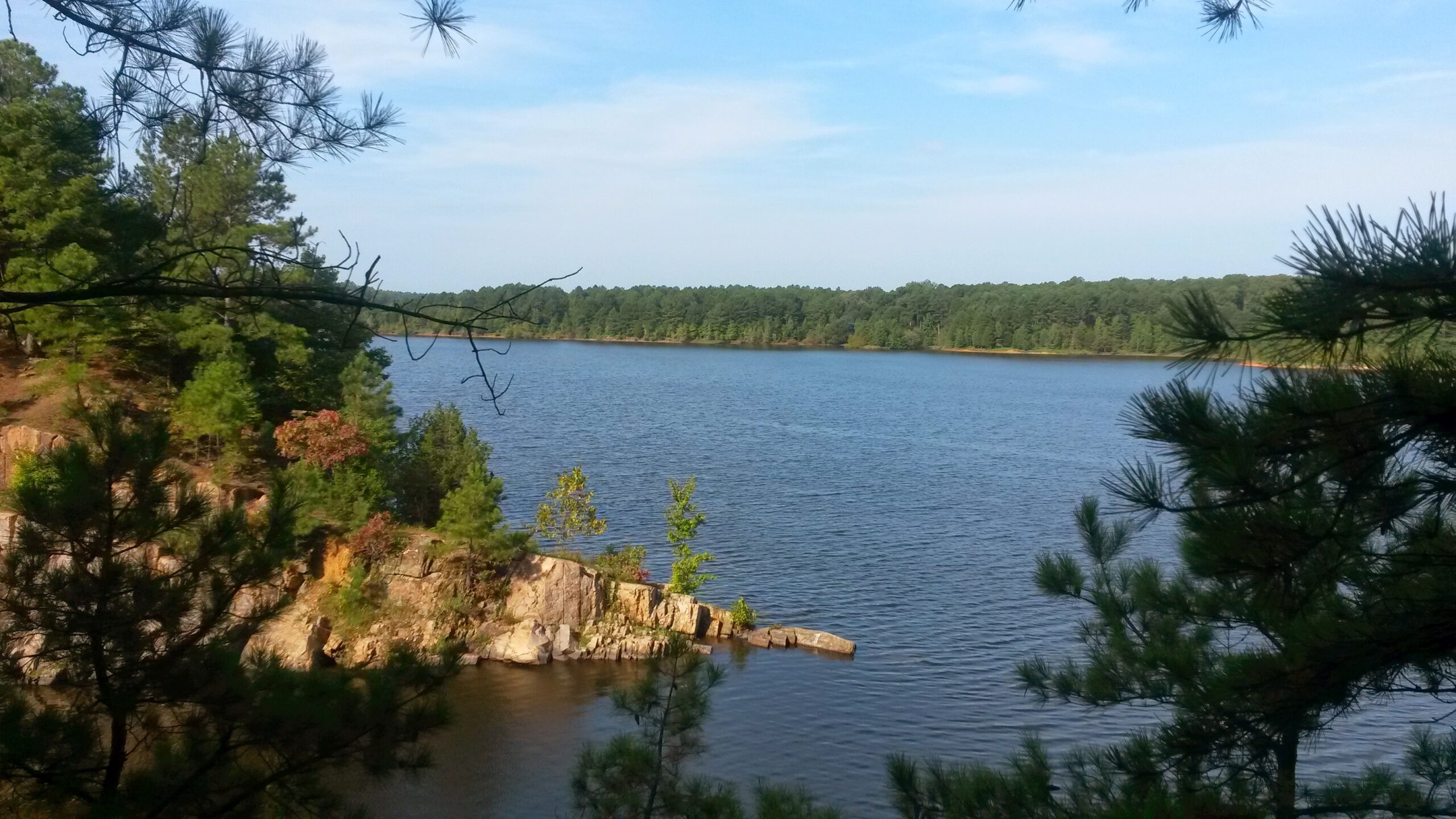
For those who were monitoring legislation this summer, Section 14.13 of the budget, when first drafted, sought to eliminate nutrient management rules for the entire Tar-Pamlico and Neuse River basins, including important pollution reduction standards for two drinking water reservoirs; Jordan and Falls Lake. These rules, implemented 16 years ago, have resulted in healthier Neuse and Tar-Pamlico Rivers.
The final budget bill essentially halted progress on nutrient pollution reduction measures for the two drinking water reservoirs (Falls and Jordan), but kept in place river wide nutrient management rules. However, two provisions in the budget now allow for the further review and likely future attempts at weakening clean water protections for our two rivers.
The additional allocation of money and mandate to create the new UNC Collaboratory, however, has caught the interest of many, including NC news reporters. In addition to the $4.5 million in startup funds, the University must secure private funds in the amount of $3.5 million, for a total of up to $8 million this fiscal year. Of greatest concern by many, including UNC faculty is that the “The policy effort was created outside of the normal academic policies and structures.”
As reported in the News and Observer, “Faculty have raised alarms about the center’s creation and the fact that it’s being set up on the business side of the university, rather than under the academic arm. UNC already has a longstanding Institute for the Environment, which conducts research and collaborative studies across academic disciplines.”
Stephen Leonard, a political science professor and former chair of the UNC system’s Faculty Assembly, is quoted in News and Observer article “that the collaboratory bypassed the normal processes of faculty governance and UNC policy.”
In addition to the worry about how this new center was formed and how it will be funded, was the rumor that Jeffrey Warren, Senator Berger’s science advisor, and author of the most harmful anti-clean water legislation since 2011, was to be inserted as Director of the new collaboratory. It remains to be seen if that will come to pass, as just this month UNC announced the university’s chief sustainability officer and associate vice chancellor for campus enterprises, Brad Ives, as interim director.
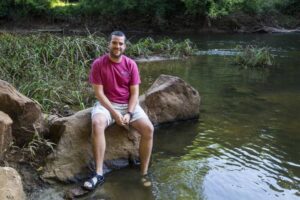 The creation of this new collaboratory has raised a number of eyebrows in the environmental community. Our Upper Neuse Riverkeeper, Matthew Starr said he’s wary, but added that the UNC effort could prove beneficial if the research remains independent and environmental advocates have a seat at the table. “If it’s an open, transparent process it could be a good thing,” Starr said.
The creation of this new collaboratory has raised a number of eyebrows in the environmental community. Our Upper Neuse Riverkeeper, Matthew Starr said he’s wary, but added that the UNC effort could prove beneficial if the research remains independent and environmental advocates have a seat at the table. “If it’s an open, transparent process it could be a good thing,” Starr said.
That is a very big “if,” and it is an outcome contrary to the likely intent of Collaboratory founders. One thing certainly is clear, however. Someone within the legislative power circles does not like nutrient management strategies for our rivers and lakes, and they are using every means available to them to undermine important clean water protections.
Related News

Riverkeeper weighs in on Raleigh tap-water woes
April 25th 2024
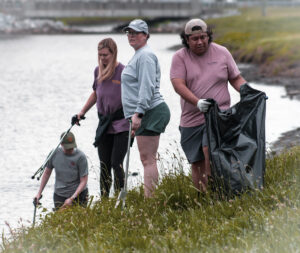
Small cleanup, with a big impact
April 25th 2024
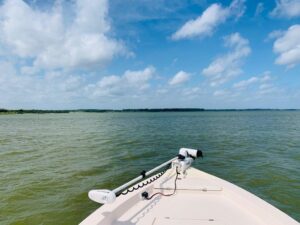
New math moves parts of the Pamlico off impaired waters list
April 25th 2024
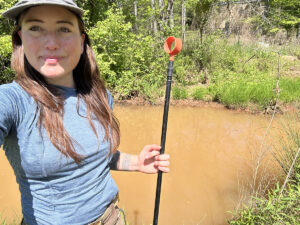
Durham turns down Lick Creek development
April 25th 2024
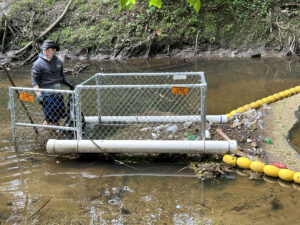
Scout earns volunteer hours with trash trap cleanout
April 25th 2024
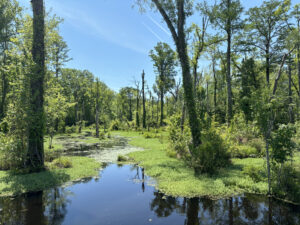
Boat day a Blounts Creek exploration
April 25th 2024
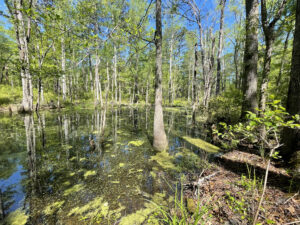
Tell NC to restore wetlands protections!
April 19th 2024
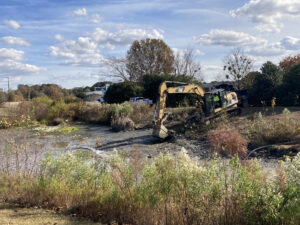
Position available: Stormwater Education Coordinator
April 18th 2024
